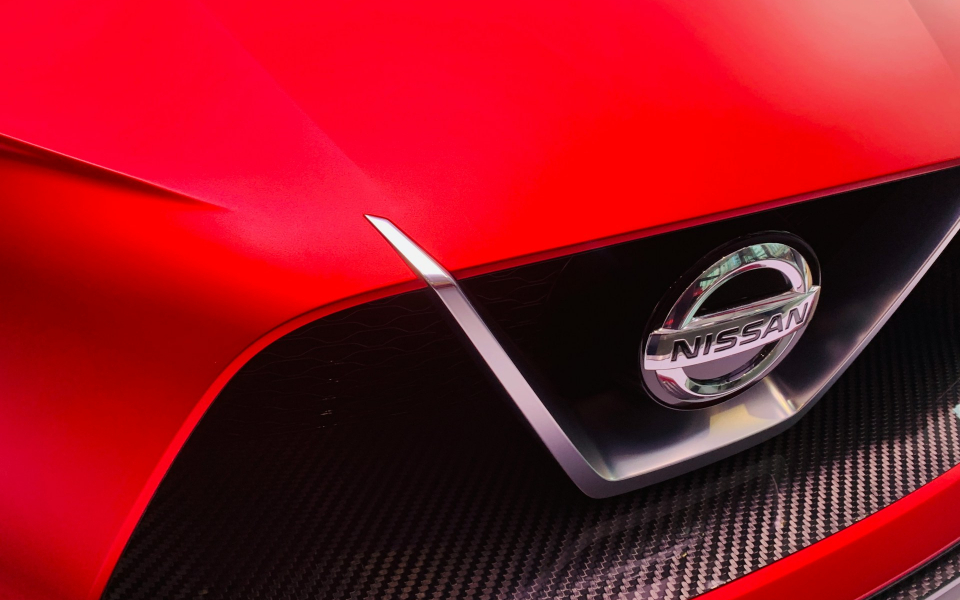The newly imposed 25% auto tariff threatens to disrupt the global automotive industry, with analysts warning of sharp price increases and declining sales.
Goldman Sachs estimates that imported vehicle prices could rise by $5,000 to $15,000, while even U.S.-built cars could see cost hikes of $3,000 to $8,000 due to foreign-made parts.
Here's what analysts have predicted so far:
- According to JPMorgan's Akira Kishimoto, Japanese automakers could face a potential hit of 4.46 trillion yen (about $29.44 billion), with Nissan Motor Co. Ltd.
(NSANY ) , Mazda Motor Corp.(MZDAY ) and Subaru(FUJHY ) among the most vulnerable due to their reliance on imported vehicles. Toyota Motor Corp(TM ) remains JPMorgan's top pick, given its resilience and strong fundamentals, while Suzuki Motor(SZKMY ) and Isuzu Motors(ISUZY ) are also favored among mid-tier manufacturers. - RBC Capital Markets' Tom Narayan warns that German automakers like Mercedes-Benz Group
(MBGYY ) and BMW Group(BMWKY ) are at high risk, though potential retaliatory tariffs from Europe could deter further escalation. Tesla Inc(TSLA ) may benefit due to its U.S.-based production, while Ferrari NV(RACE ) is expected to pass costs onto its high-end buyers. - JPMorgan autos analyst Ryan Brinkman has slashed price targets for major U.S. automakers, cutting General Motors Co
(GM ) by 17% to $53 from $64, Ford Motor Co(F ) by 15% to $11 from $13, and Ferrari by 12% to $460 from $525, citing heightened earnings risk.










